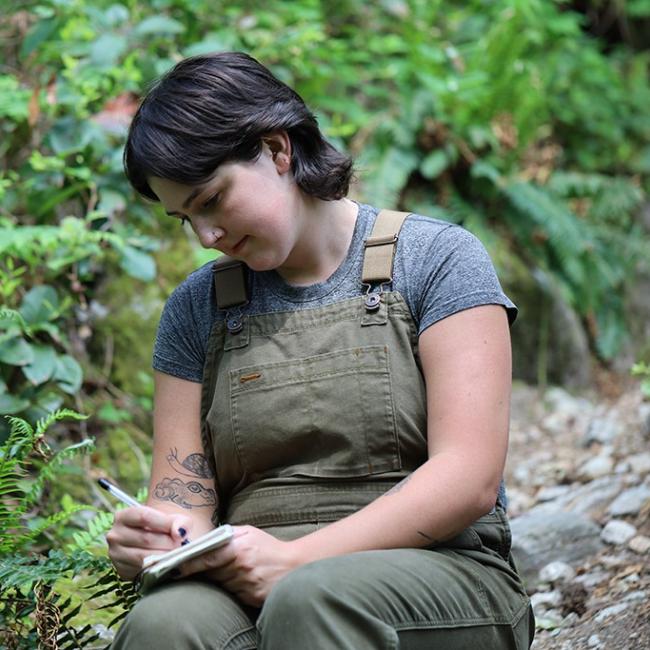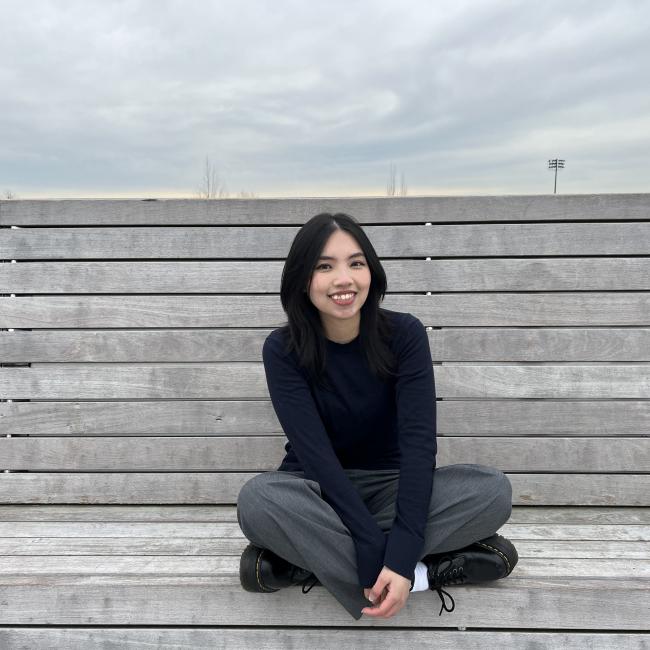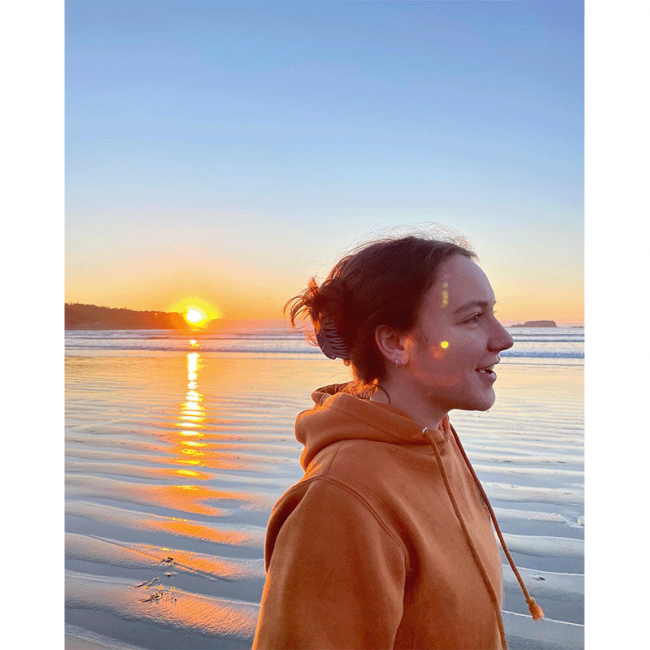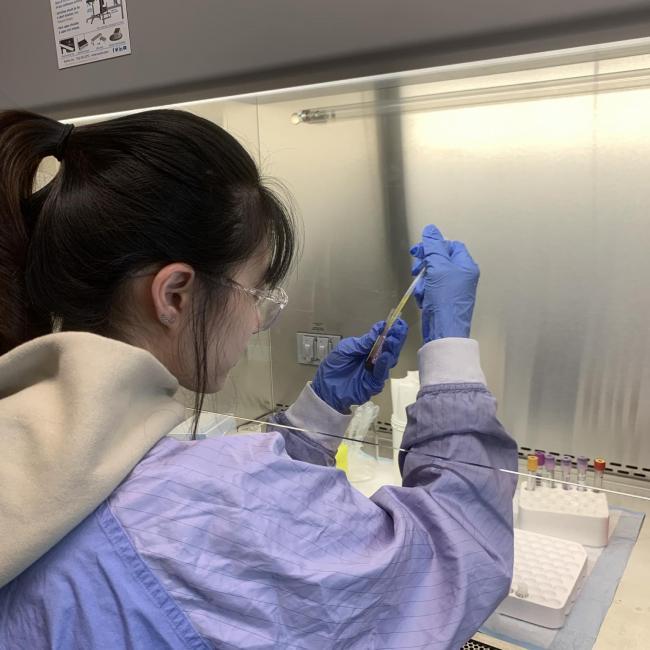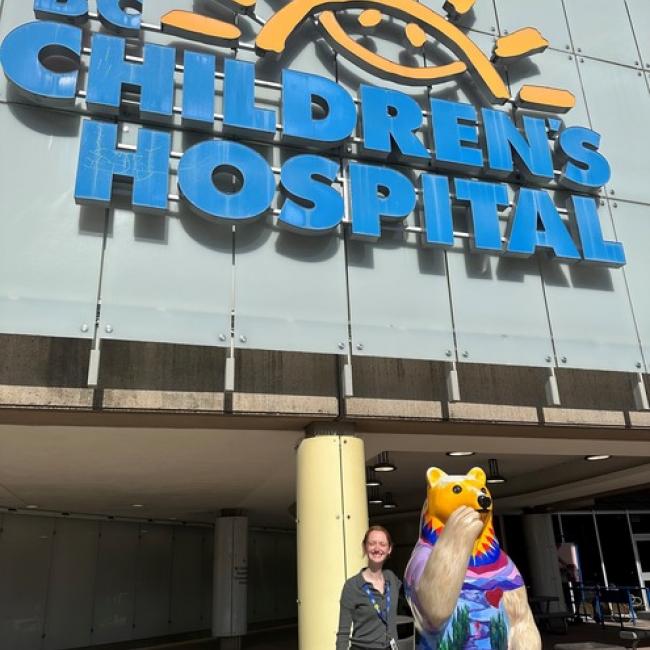The first time I heard about the First Nations Peoples of the land we now call Canada was during a school tour at SFU as a prospective student. I vividly recall our tour guide commencing with a land acknowledgment, recognizing the traditional territories of the səlilwətaɬ (Tsleil-Waututh), kʷikʷəƛ̓əm (Kwikwetlem), Sḵwx̱wú7mesh Úxwumixw (Squamish) and xʷməθkʷəy̓əm (Musqueam) Nations upon which the SFU Burnaby Campus resides. What surprised me was that as a visitor in Canada, this was only my first time hearing about the First Nations People. This moment sparked my curiosity about the significance of this acknowledgment and what it meant for me as a newcomer to Vancouver.
My deeper understanding of the history of colonization and its impact on Indigenous Peoples and their lands unfolded in my GEOG 100 class: Introducing Human Geography. Learning about the mistreatment and cultural genocide endured by Indigenous Peoples in Canada was shocking. Yet, I recognized the importance of knowing this history and understanding the colonial foundation upon which the opportunities afforded to me in Canada are built. This recognition motivated me to take action to support reconciliation efforts in Canada.
As I delved into classes on climate change and community planning, I learned that due to the history of marginalization, discrimination, and mistreatment of Indigenous Peoples, Indigenous communities were amongst the most vulnerable populations to the impacts of climate change. In my most recent role, as a researcher for the Pacific Institute for Climate Solutions (PICS) Rural Community Resiliency project, I was involved in working towards reconciliation in the realm of climate resiliency. Collaborating with organizations such as First Nations Housing and Infrastructure Council, Technical Safety BC, BC Housing, PICS, and SFU, amongst other post-secondary institutions, the project aims to collaborate with rural and Indigenous communities to co-develop solutions that build community resilience towards future climate impacts.
Through my research on this project, I learned about how non-Indigenous and Indigenous organizations can effectively partner with communities to decolonize climate action and bolster community resilience. Central to this approach is a strengths-based perspective, recognizing the inherent resilience, knowledge, and expertise of Indigenous Peoples regarding climate change and their territories. Embracing a distinctions-based approach, which acknowledges the unique rights, interests, and cultures of individual Indigenous Nations, is of great importance in fostering meaningful collaboration and research.
I want to acknowledge these insights merely scratch the surface of my journey to un-learning and learning as a researcher alongside Indigenous communities, and there is much more to learn as I navigate this space. I am grateful to learn and work within the space of Indigenous climate resilience, and I acknowledge that ongoing conversations, relationship-building, active listening, and self-reflection is necessary.
Lastly, my journey portrays the significance and value of land acknowledgments. For individuals like myself, a land acknowledgment may serve as an initial exposure to the traditional territories and history of First Nations, inspiring a desire for a deeper understanding and active engagement to unsettle the enduring legacies of colonialism.









